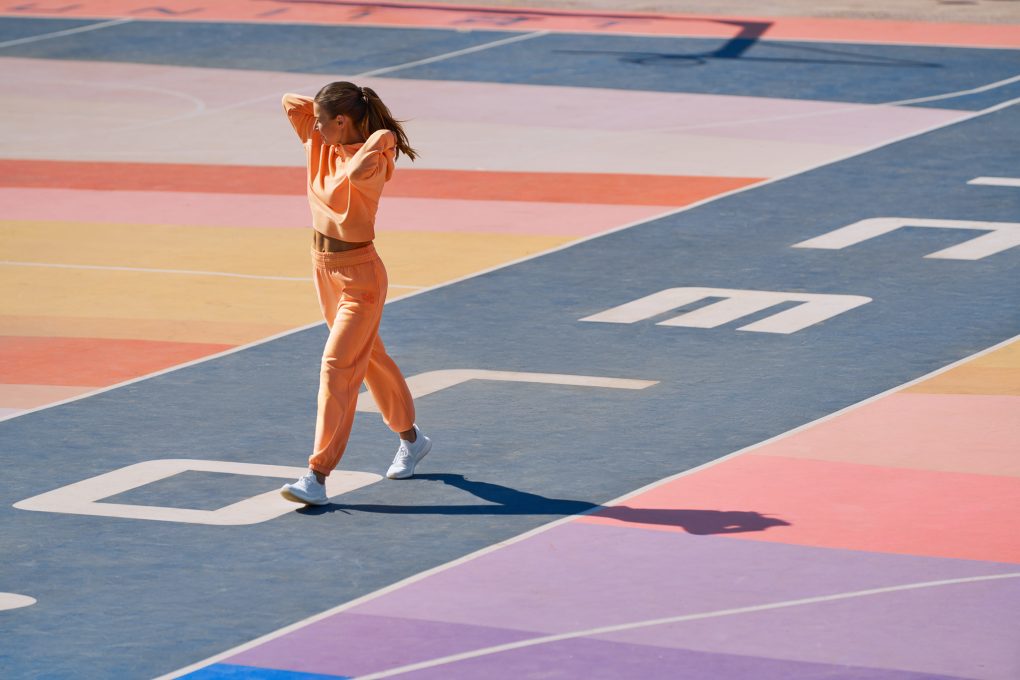
Train and boost your immunity!
We’ve all heard lots of times that sport is healthy. Today, however, I wanted to delve into this topic and check whether it is actually true. However, before we move on to the issue of physical activity itself, it is worth organizing the knowledge about what the body’s immunity is and what affects it.
Our Immunity
As the name suggests, the immune system is responsible for immunity. Its task is to protect the body against the harmful effects of the external and internal environment on the cells of the entire body. What can attack us from the outside are: viruses, bacteria, fungi, and from the inside, cancer cells. Therefore, to maintain health, it is necessary for this system to function efficiently.
What Affects Immunity?
There are several factors that influence immunity. Now I’m going to describe briefly that they can have both positive and negative effects.
Diet
I guess I don’t have to tell you that what we eat affects our health. The body, every single cell in it, needs nutrients to function. You will provide it through food. Nothing groundbreaking about it, I know. However, are you aware of how to eat so that your immune system works properly? You can find more information about this HERE.
Sleep
You could say that we need sleep as much as we need oxygen. We cannot replace it with anything. Regeneration occurs while we sleep. Lack of adequate time for rest results in fatigue and, consequently, a weakening of the immune system. This is because immune system cells work to check whether pathogens have entered the body during our slumber. What’s more, immune cells can also increase in number.
Stress
Here I would like to point out that especially long-term exposure to stress has a negative impact on the body’s immune system. Stress is often one of the factors causing various types of diseases, not only those related to the immune system only. If you feel that there is too much of it in your life, it is time to think what you can do about it. Your response to stress is the thing you can control. In my Diet & Training by Ann application (HERE) you will find the BALANCE tab that helps you relax in many ways, and one of its goals is to reduce stress levels.
Physical Activity
Physical exercise has a positive effect on stimulating the immune system. As a result, both the number and activity of immune cells increase. This improves effectiveness when fighting pathogens/diseases.
Research shows that just an hour of daily physical activity has a positive effect on reducing the risk of upper respiratory tract infections.
The relationship between the increase in body temperature during exercise and the inhibition of bacterial growth was also examined. It has been concluded that regular physical activity prolongs and maintains all these beneficial processes, keeping us in a state of high immunity.
Professor Nieman concluded in his research that moderate activity supports regenerative processes and has a positive effect on our immunity. He showed that a daily 40-minute walk during the day reduces the risk of catching a cold by half compared to people deprived of any physical activity. He also pointed out that physical exercise lasting up to 75 minutes has a positive effect on the immune system. Then the level of cortisol begins to increase, and its increasing level gradually destabilizes the body’s functioning.
Is Every Workout Good for Building Immunity?
As I mentioned above, research shows that moderate and regular physical activity has a beneficial effect. Both too intense training and lack of exercise will have a negative impact on the body.
Excessive overload of your body and excessive training will unfortunately result in an increase in the cortisol levels, the stress hormone. The body will have to focus its activities on regeneration, and not on supporting the cells of the immune system.
Therefore, it is very important that you choose the type of activity that suits your abilities and needs. The intensity of workout can increase with your level of training without a negative impact on immune cells and body regeneration.
If your workouts last over 90 minutes and they are intense, then without proper regeneration and a healthy diet, they may have a negative impact on the immune system.
WHO Recommendations
World Health Organization and The American College of Sports Medicine recommend:
- that adults should perform moderate-intensity aerobic exercise for at least 150 minutes a week to stay healthy,
- instead of moderate exercise, it can be intense aerobic exercise, which should last no less than 75 minutes a week,
- that adults who strengthen muscles should preferably do 2 strength training sessions per week.
What about Training When It Gets Cold?
If you are wondering whether it is worth training when the weather outside does not encourage exercise, read my post HERE. I believe that outdoor physical activity is possible and beneficial regardless of the season. It’s all a matter of preparation. Appropriate clothing will be extremely important, especially on cold days. It is worth paying attention to the quality of the materials you choose. They should dissipate heat well, regulating your body temperature. If you take care of it, walking, running, and skiing in the fall and winter will definitely be good for your health.
Winter Swimming and Immunity
It turns out that people who swim regularly get sick less often. How does it happen?
- The circulatory system adapts and thermogenesis processes become more efficient. Therefore, people who regularly go winter swimming have greater tolerance to low temperatures.
- Thermal stress caused by bathing at low temperatures causes better functioning of antioxidant barriers, responsible for the fight against free radicals. The body becomes more resistant to attacks by viruses and pathogenic bacteria.
- Winter swimming helps reduce fat tissue. Lowering the level of adipose tissue reduces inflammation, and as we know, it is a factor in the development of infections.
- Research also shows that regular winter swimming has anti-inflammatory, antidiabetic, antiatherosclerotic properties, and improves insulin sensitivity. And this results in better overall health..
Remember that you need to properly prepare for it and gradually increase your exposure to cold, listening to your body. Many studies were conducted on people who were active in cold water and did not stand still. Which shows that it is worth moving your body in the water to achieve better health benefits.
Summary
Do you think that sport is healthy? Personally, I believe that recreational, moderate physical activity tailored to individual capabilities has a positive impact on our overall health. I think that following the principle of balance, finding the golden mean, works best in this case. Don’t compare yourself to professional athletes or people who make a living from sports. They usually have much more time for proper regeneration and a professionally tailored healthy diet. I hope that when you go for a workout or choose any type of activity, you will be guided by your preferences and health care. As a result, weight loss and body shaping will just be positive side effects of your consistent actions 🙂
Bibliography:
- Gleeson M. Effects of exercise on immune function. Sports Sci Exch 2015, 28(151), 1-6,
- Marcinkiewicz J. Funkcja i organizacja układu immunologicznego. W: Bryniarski K. (pod red.): Immunologia. Wrocław: edra, 2017, s. 3.
- Nieman DC, Johanssen LM, Lee JW, Arabatzis K. Infectious episodes in runners before and after the Los Angeles Marathon. J Sports Med Phys Fitness. 1990 Sep; 30(3): 316-28.
- Simpson RJ, Campbell JP, Gleeson M, et al. Can exercise affect immune function to increase susceptibility to infection? Exerc Immunol Rev 2020; 26:8-22.
- Waśkiewicz Z, Sousa CV, Hill L, Nikolaidis PT. Cold Water Swimming-Benefits and Risks: A Narrative Review Beat Knechtle, Int J Environ Res Public Health, 2020 Dec 2; 17(23): 8984.
- Weerd L, Mercer JB. Health effects of voluntary exposure to cold water – a continuing subject of debate Didrik Esperland, Int J Circumpolar Health, 2022 Dec;81(1): 2111789.





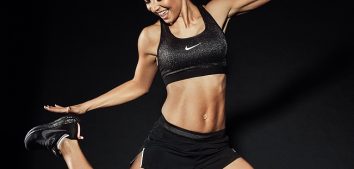
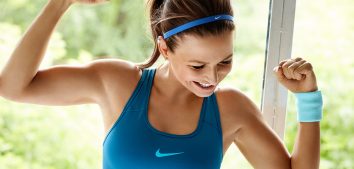
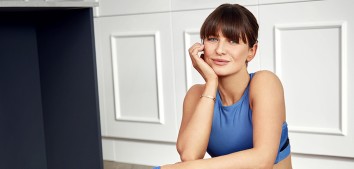
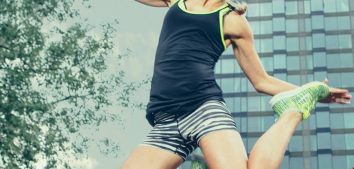
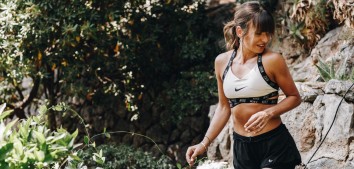
Comments No Comments
Join the discussion…